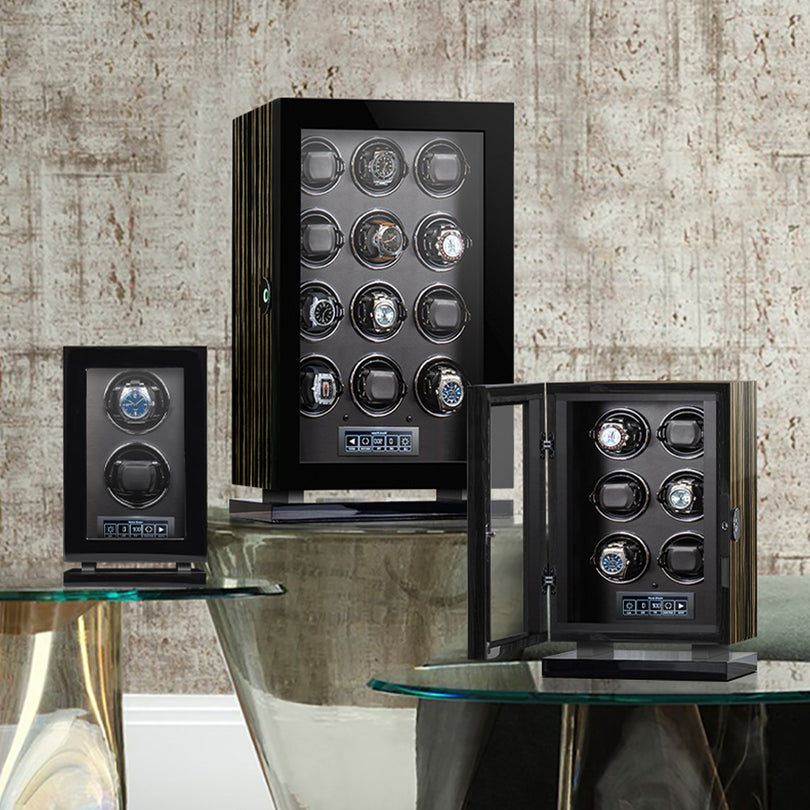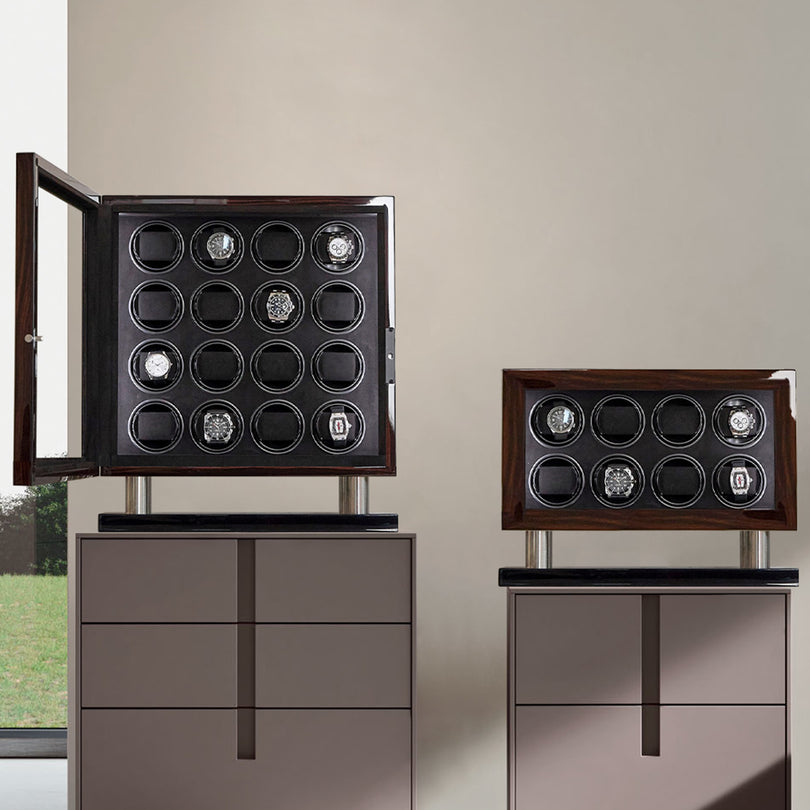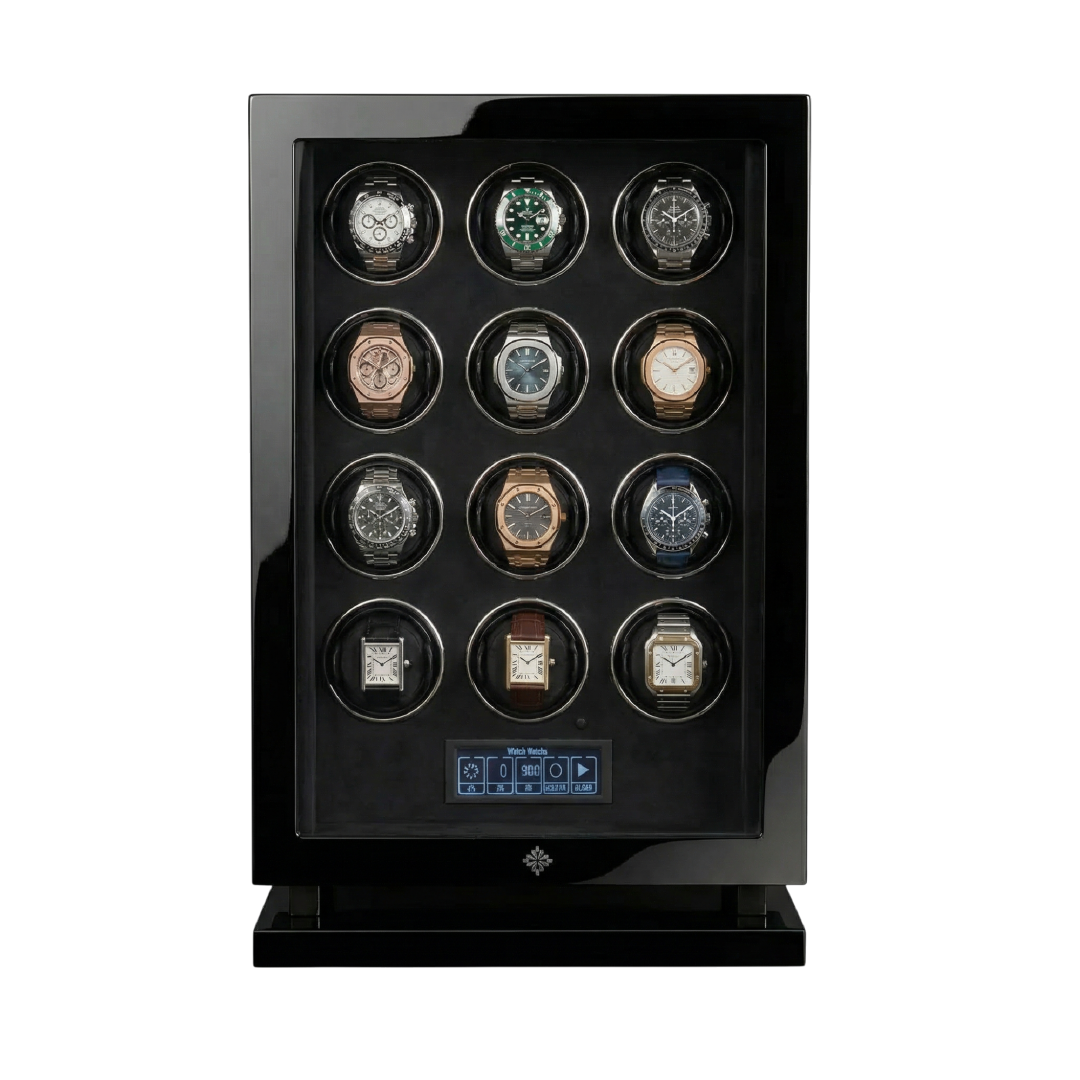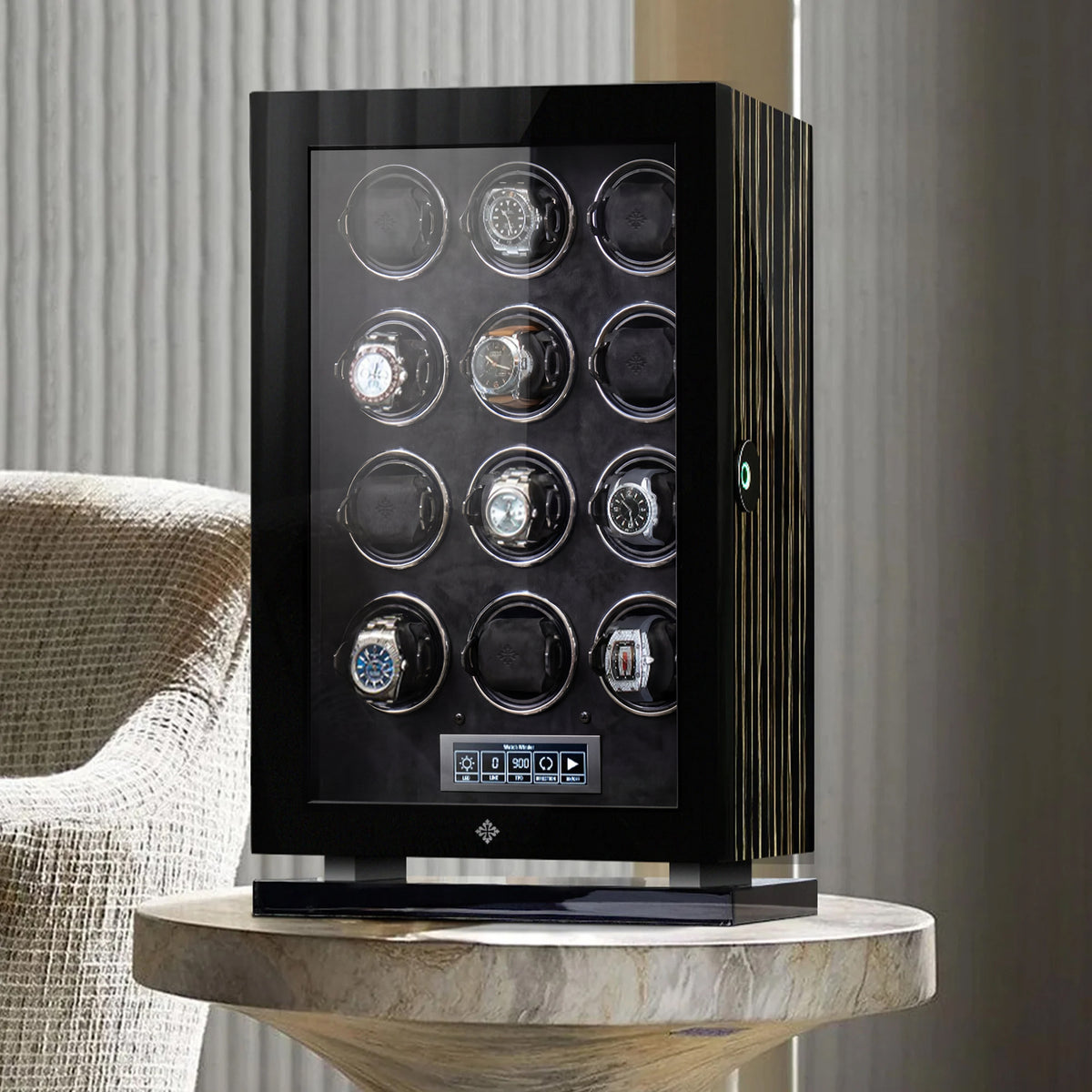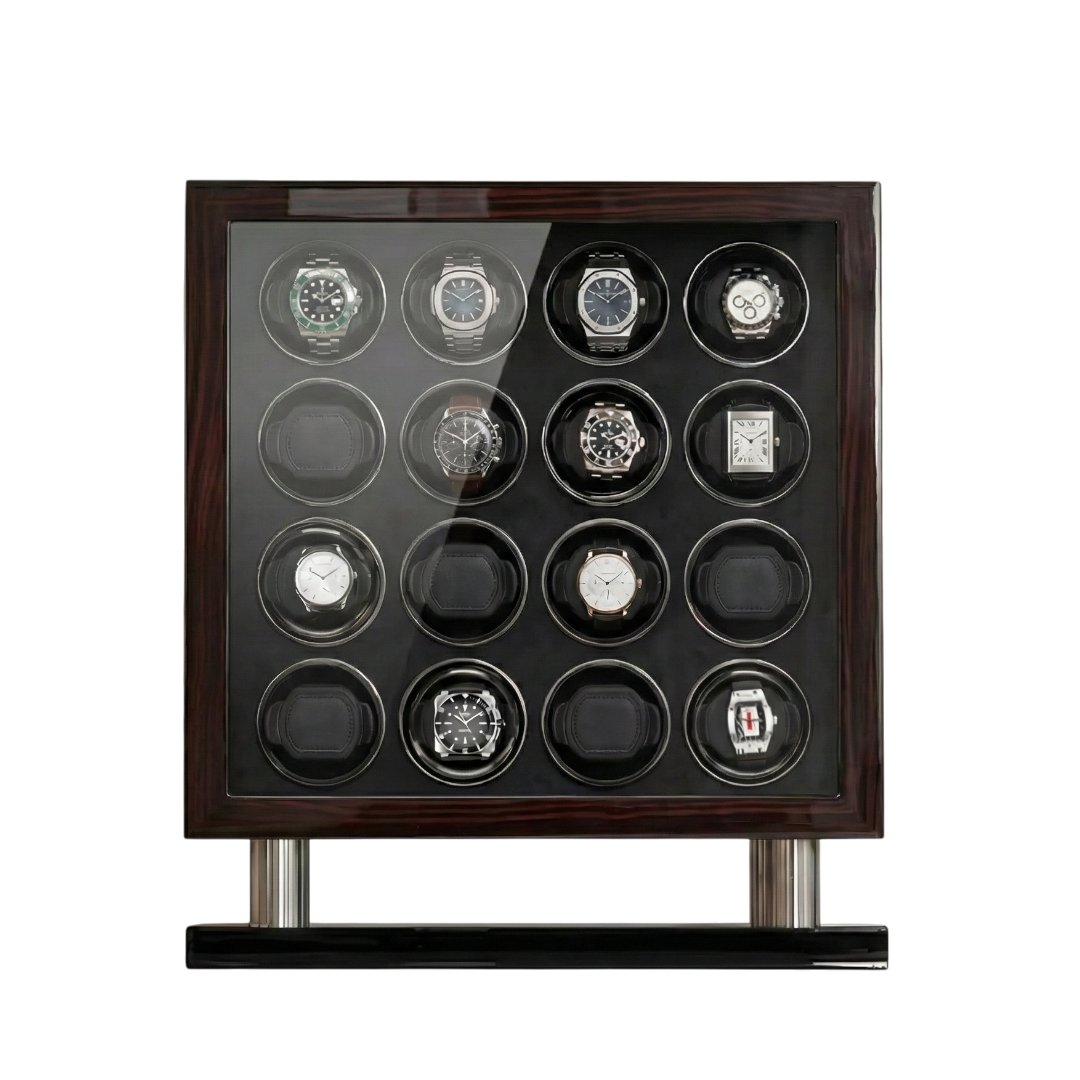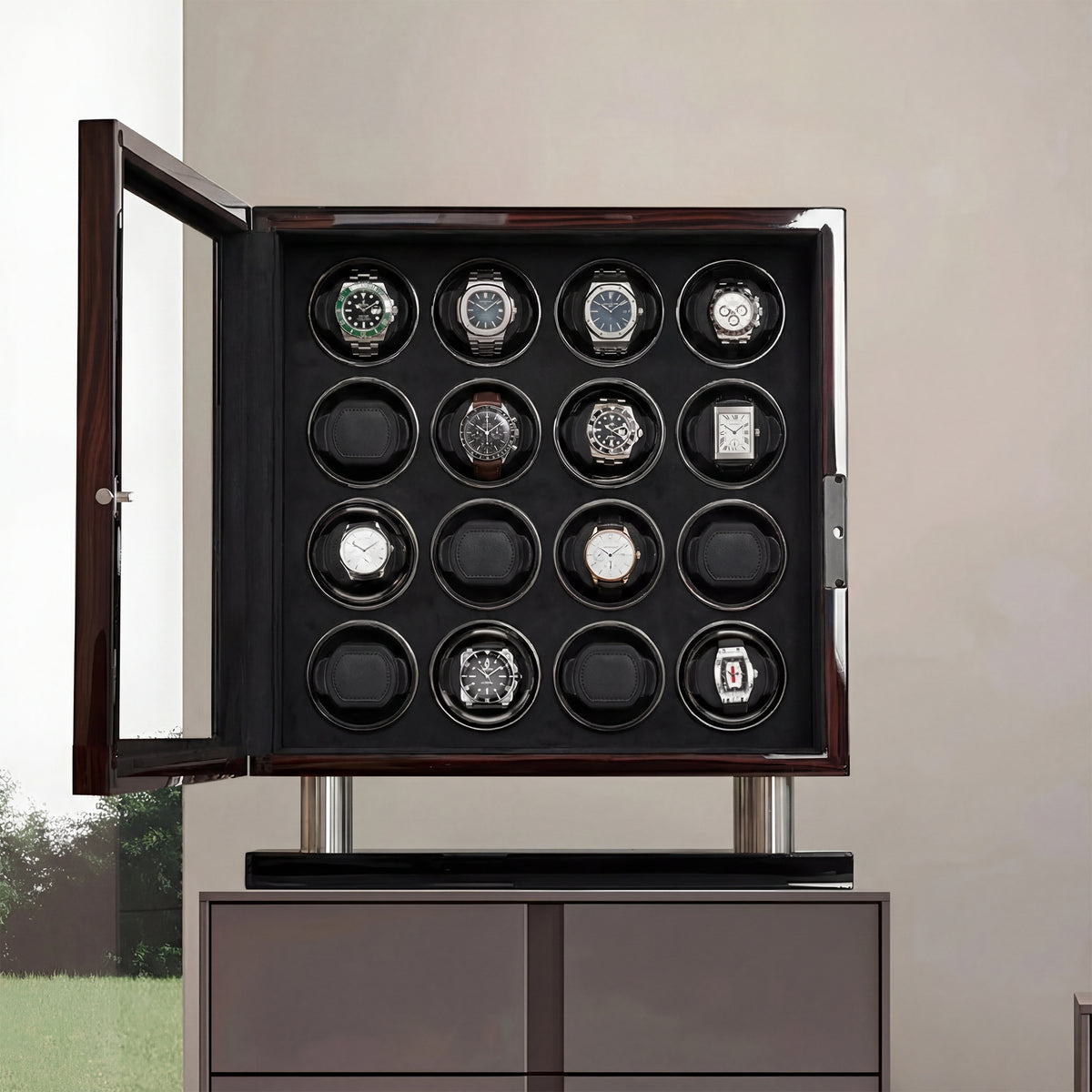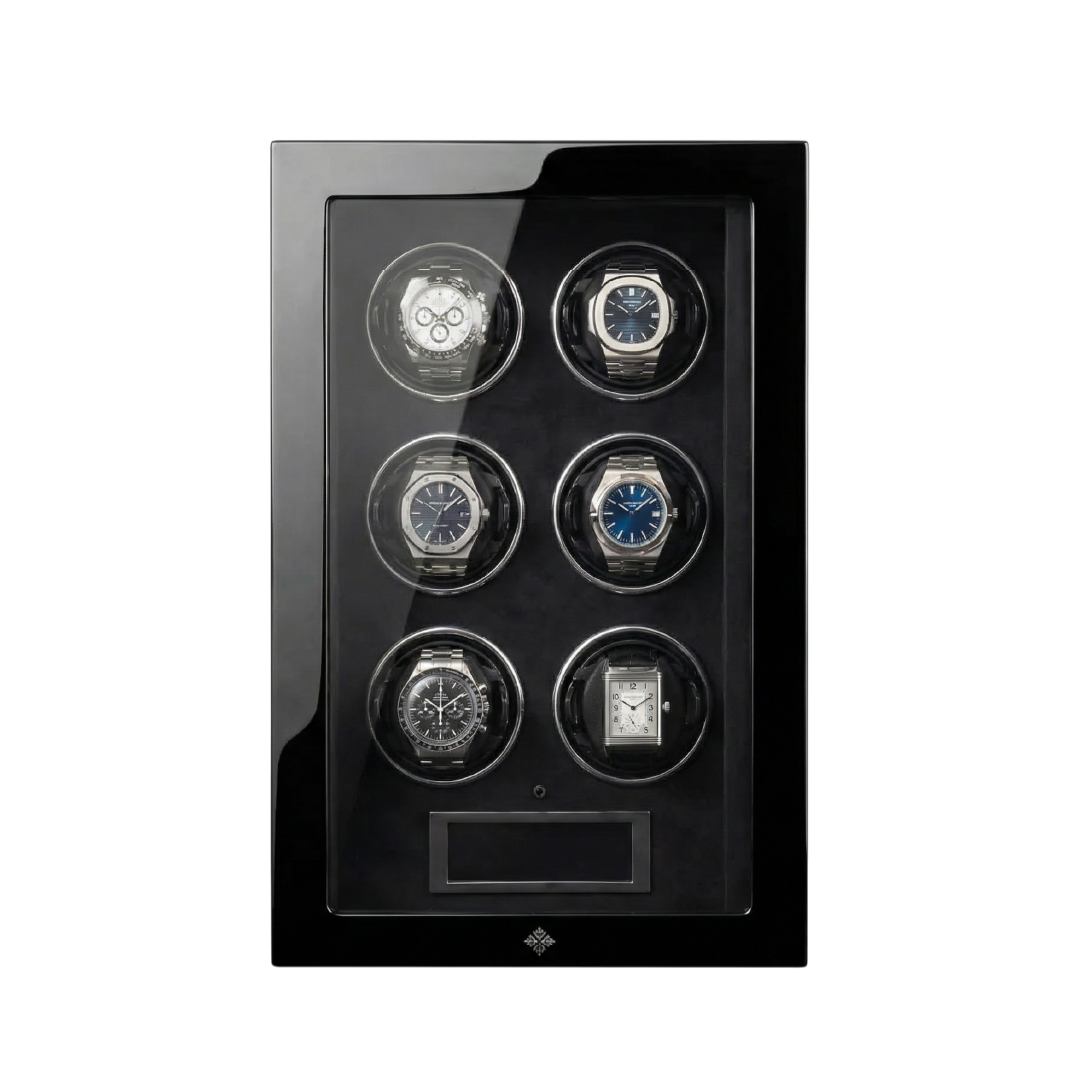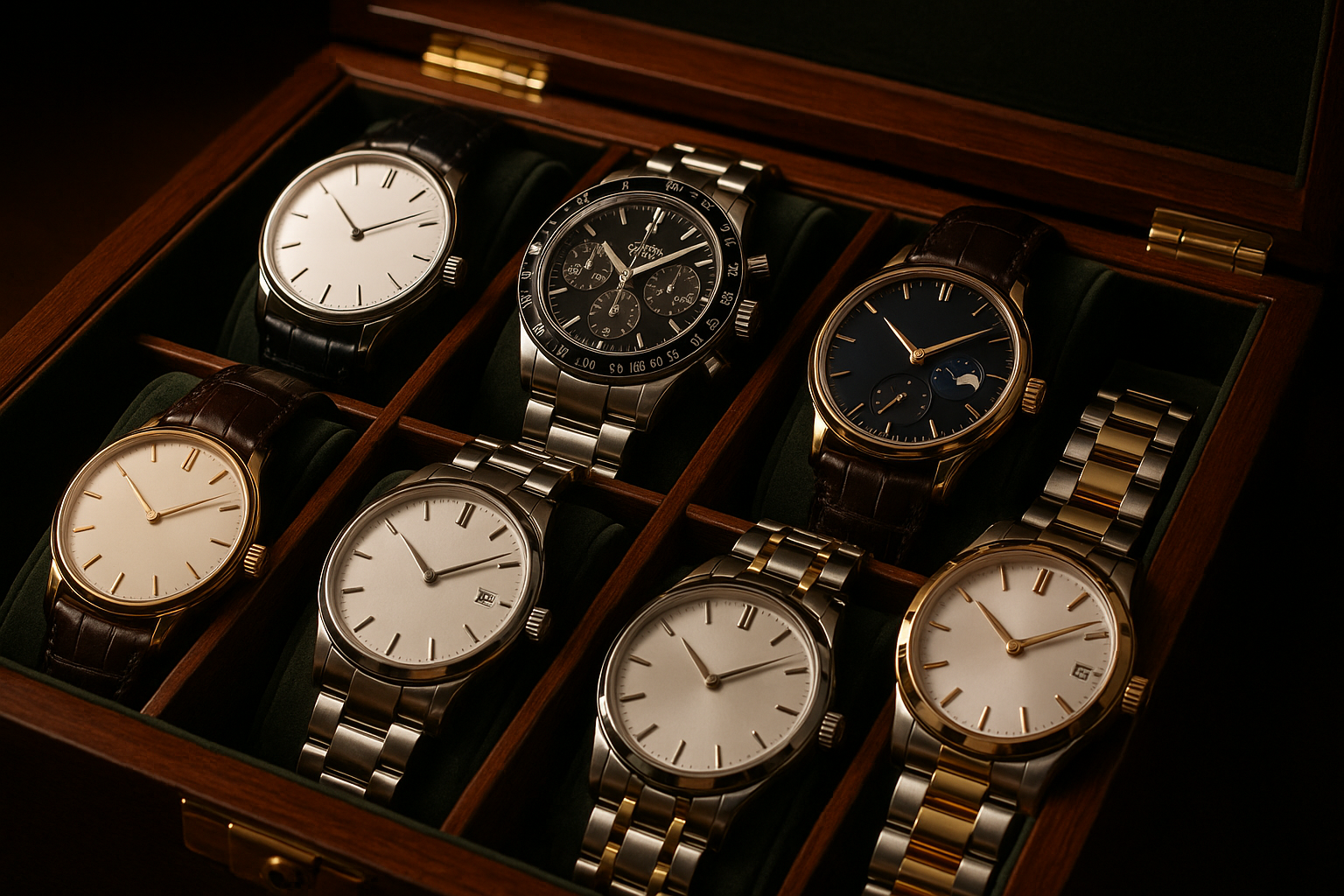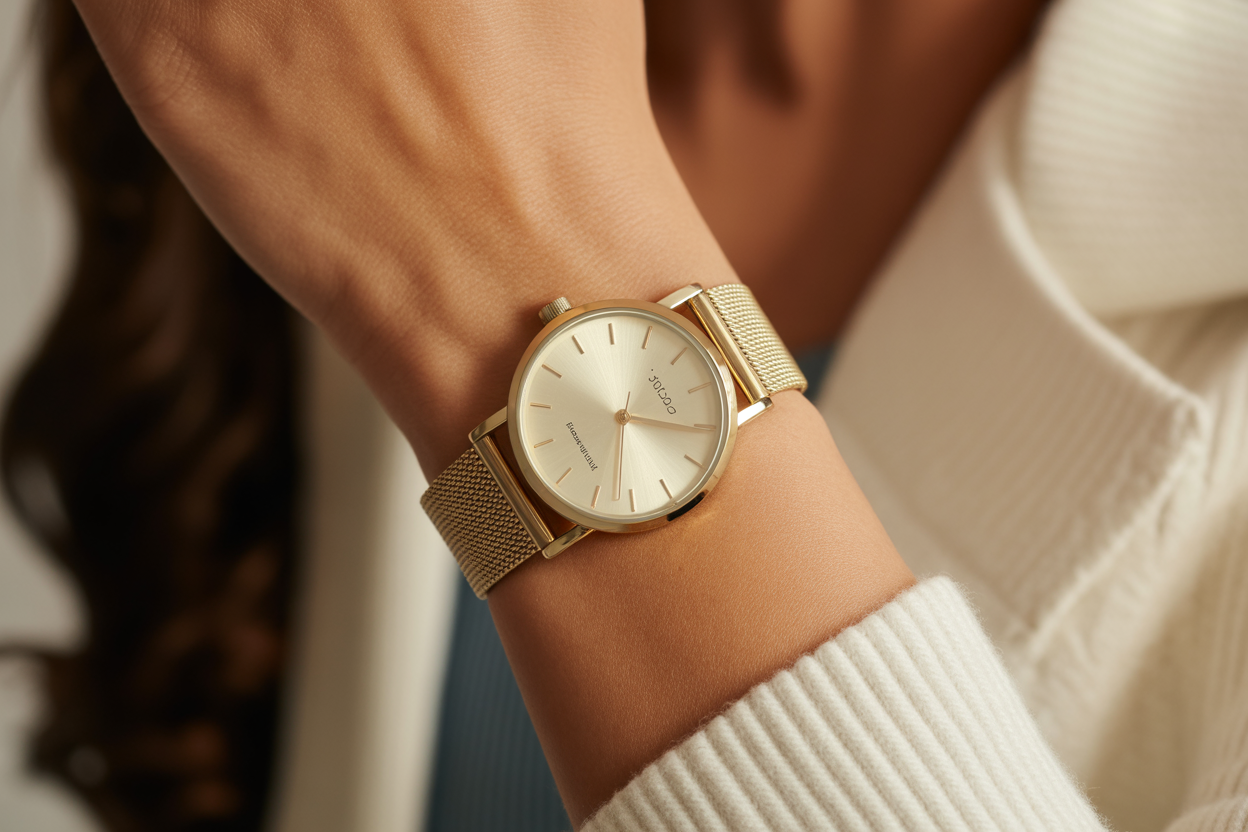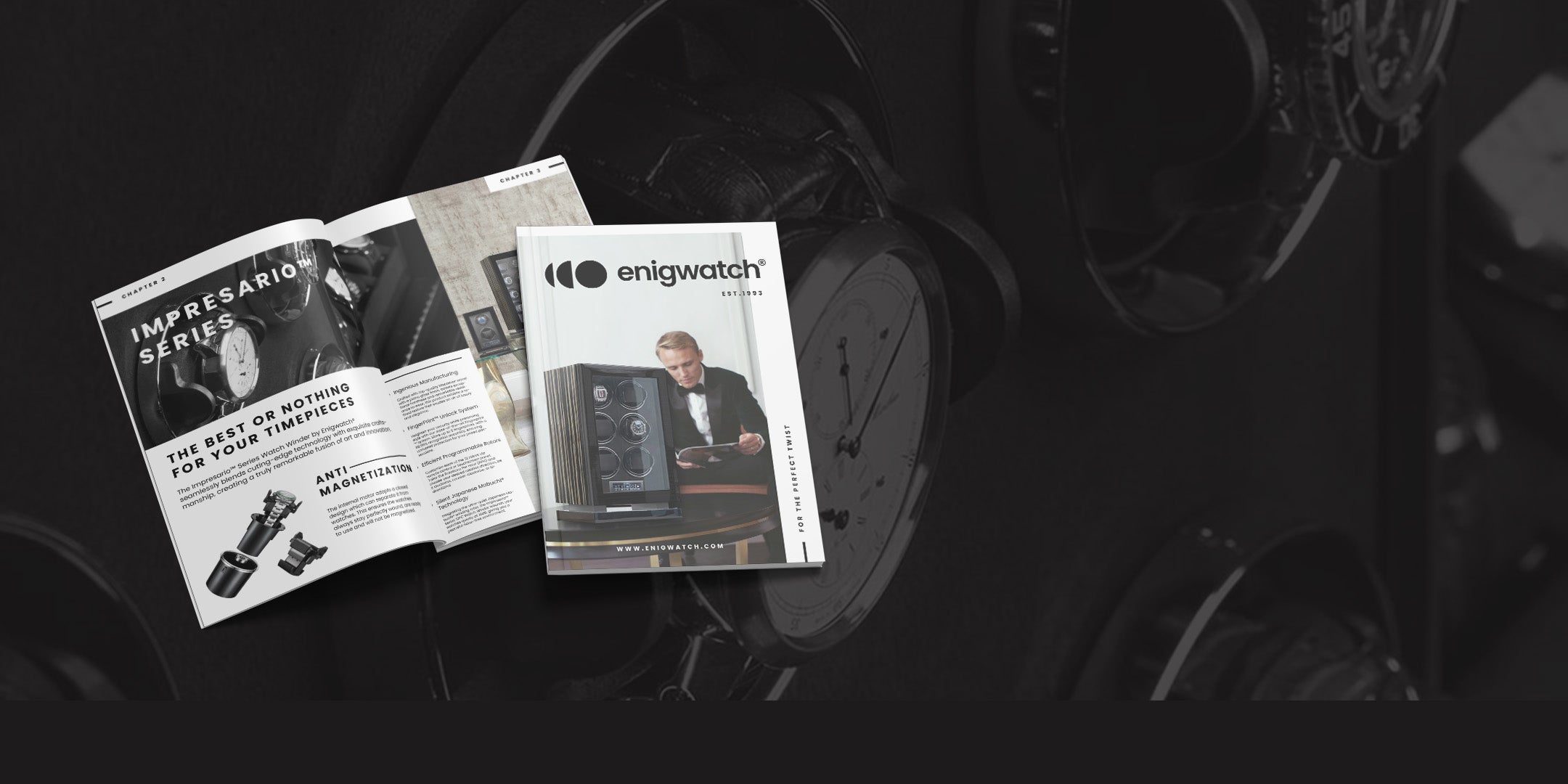Hamilton and IWC are renowned watch brands that have captured the hearts of horology enthusiasts around the world. Both brands boast a rich heritage, exquisite craftsmanship, and a commitment to excellence.
In this comparison article of Hamilton vs IWC, we will explore the five key stages of comparison: history and heritage, design and aesthetics, materials and construction, movement and precision, and price and value. By delving into these aspects, we aim to provide a comprehensive overview of the differences and similarities between Hamilton and IWC.
History and Heritage: Hamilton vs IWC

Founded in 1892 in Lancaster, Pennsylvania, Hamilton has a storied history deeply intertwined with American watchmaking. The brand initially focused on producing accurate timepieces for railroad professionals, garnering a reputation for precision and reliability. Over the years, Hamilton expanded its reach, supplying watches to the U.S. military during World War II and leaving an indelible mark on the silver screen through appearances in Hollywood films.
With its inception in 1868 in Schaffhausen, Switzerland, IWC represents a legacy steeped in Swiss watchmaking traditions. From the very beginning, IWC aimed to blend technical innovation with elegant design. The brand introduced pocket watches, ventured into wristwatches, and pushed boundaries with advanced complications. IWC's commitment to excellence has solidified its position as a pillar of the Swiss watch industry.
You might also like: IWC vs Panerai: Which One to Choose?
Design and Aesthetics: Hamilton vs IWC
Hamilton watches are renowned for their timeless and versatile design aesthetics. The brand strikes a harmonious balance between classic and contemporary elements, resulting in timepieces that appeal to a wide range of tastes. From sleek dress watches to rugged sports models, Hamilton offers an extensive collection, ensuring there's a watch for every occasion. Clean lines, balanced proportions, and meticulous attention to detail define the design language of Hamilton timepieces.
IWC's design philosophy revolves around sophistication and elegance. Drawing inspiration from aviation, marine, and classic watchmaking, IWC creates timepieces that exude a sense of refined craftsmanship. The brand's watches often feature bold dials, intricate complications, and an emphasis on legibility. IWC strikes a delicate balance between form and function, resulting in watches that are as aesthetically pleasing as they are technically impressive.
You might also like: A Clash of Styles: IWC vs Longines in 2023
Materials and Construction: Hamilton vs IWC
Hamilton utilizes a diverse range of materials to construct its watches. Stainless steel, titanium, and precious metals like gold find their place in Hamilton timepieces, offering durability and aesthetic appeal. Sapphire crystals are commonly employed to ensure scratch resistance and excellent visibility. Hamilton also offers a variety of strap options, including leather, stainless steel, rubber, and NATO-style fabric, catering to different preferences and occasions.
As a luxury watch brand, IWC spares no expense when it comes to materials and construction. Premium materials such as stainless steel, titanium, platinum, and rose gold are skillfully incorporated into IWC watches, providing exceptional durability and an air of opulence. Sapphire crystals, known for their scratch-resistant properties, protect the watch faces. IWC watches are often adorned with high-quality leather straps or metal bracelets, ensuring both comfort and style.
You might also like: Hublot vs IWC - Which Brand Reigns Supreme in 2023?
Movement and Precision: Hamilton vs IWC
Hamilton watches house a variety of movements to cater to different preferences and price points. The brand's lineup includes automatic, manual winding, and quartz movements. Hamilton has a longstanding partnership with ETA, utilizing their reliable mechanical movements known for accuracy and dependability. Quartz watches from Hamilton offer precise timekeeping, while mechanical movements are favored by enthusiasts for their traditional charm and craftsmanship.
At the heart of IWC watches lie meticulously crafted mechanical movements. The brand is renowned for its in-house calibers, which are a testament to IWC's commitment to precision and technical prowess. These mechanical movements undergo rigorous testing and regulation to ensure exceptional accuracy, durability, and functionality. IWC's dedication to horological excellence is evident in the incorporation of intricate complications like chronographs, perpetual calendars, and tourbillons, further enhancing the precision and complexity of their timepieces.
You might also like: 2023 Showdown: IWC vs Oris - Which Watch Brand Dominates?
Price and Value: Hamilton vs IWC

One of the notable advantages of Hamilton watches is their accessibility and affordability without compromising on quality. The brand offers a diverse range of models at various price points, making luxury timepieces more attainable for a wider audience. Hamilton's commitment to providing value for money has made them a popular choice among watch enthusiasts, as their timepieces deliver reliable performance, stylish designs, and a touch of horological heritage at a competitive price.
As a luxury watch brand with a reputation for exceptional craftsmanship, IWC commands higher price points. The meticulous attention to detail, use of premium materials, and in-house movements contribute to the elevated pricing of IWC timepieces. However, investing in an IWC watch offers more than just a timekeeping device; it represents owning a piece of horological artistry and exclusivity. IWC watches often retain their value well over time and are sought after by collectors, further adding to their allure.
You might also like: IWC vs Omega: Must Read Before Buy
Conclusion
Hamilton and IWC are both distinguished watch brands with their own unique characteristics and strengths. Hamilton appeals to those seeking a combination of affordability, versatility, and reliability. The brand's rich history, timeless designs, and commitment to quality make Hamilton an excellent choice for watch enthusiasts looking for accessible luxury.
IWC, on the other hand, epitomizes Swiss watchmaking excellence and sophistication. With a focus on elegant design, meticulous craftsmanship, and advanced complications, IWC offers a more luxurious and exclusive experience. IWC timepieces represent the pinnacle of horological artistry and cater to individuals who value precision, technical innovation, and refined aesthetics.
Ultimately, the choice between Hamilton and IWC boils down to personal preferences, budget, and the desired level of craftsmanship. Whether you seek a reliable everyday companion or an exquisite statement piece, both Hamilton and IWC have a remarkable selection of timepieces to cater to your needs.

